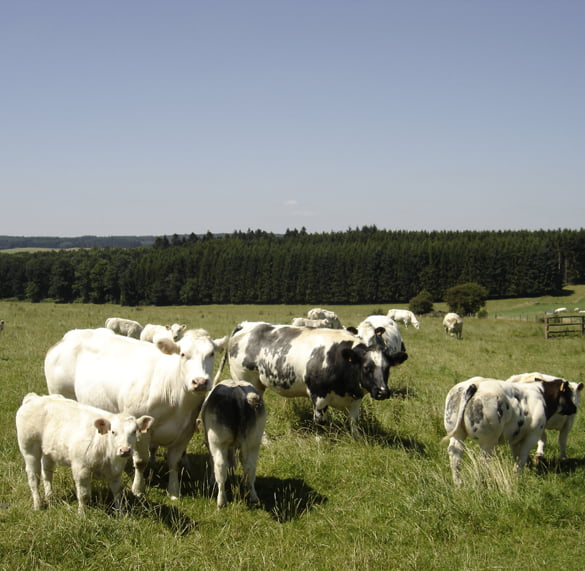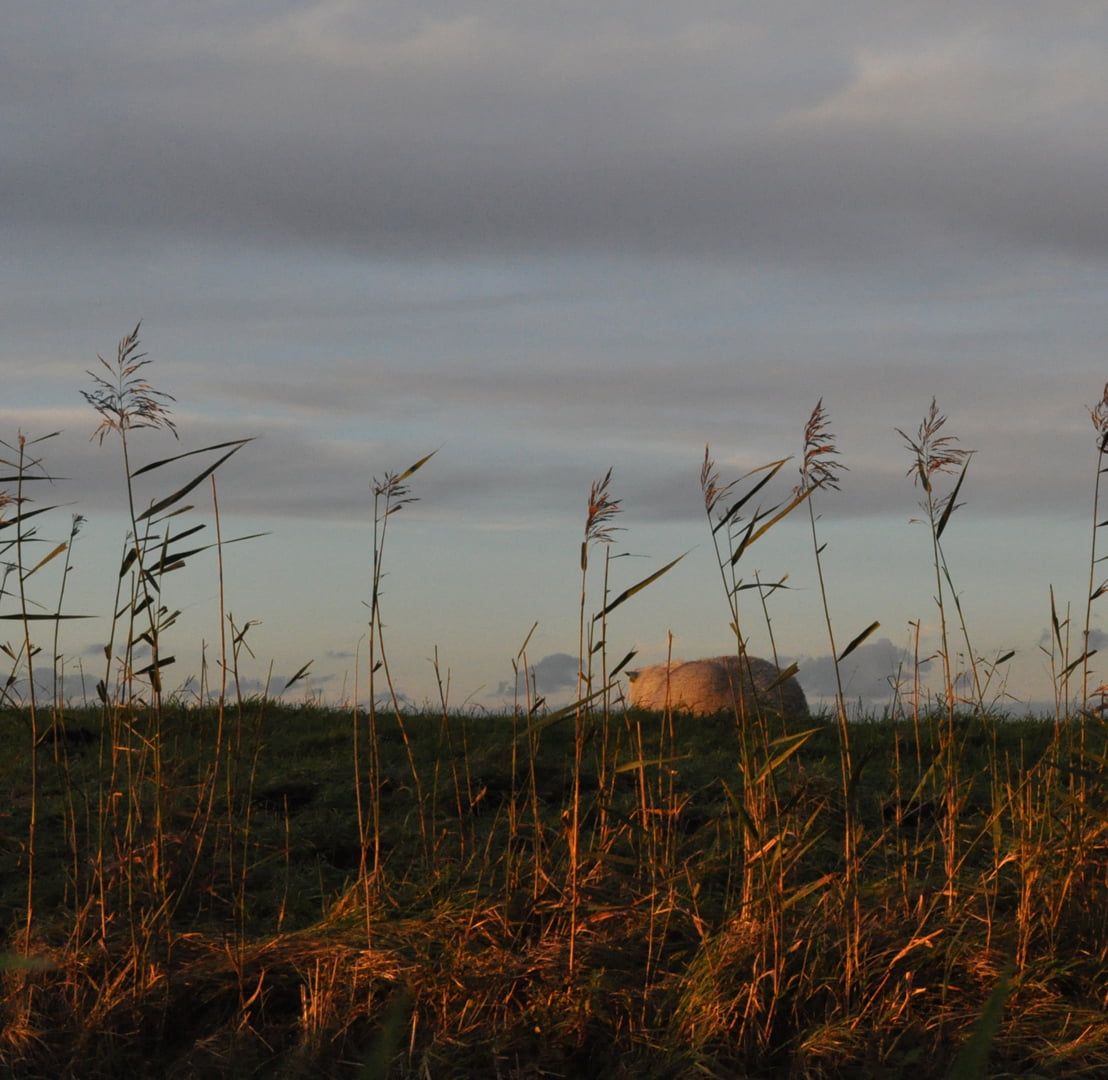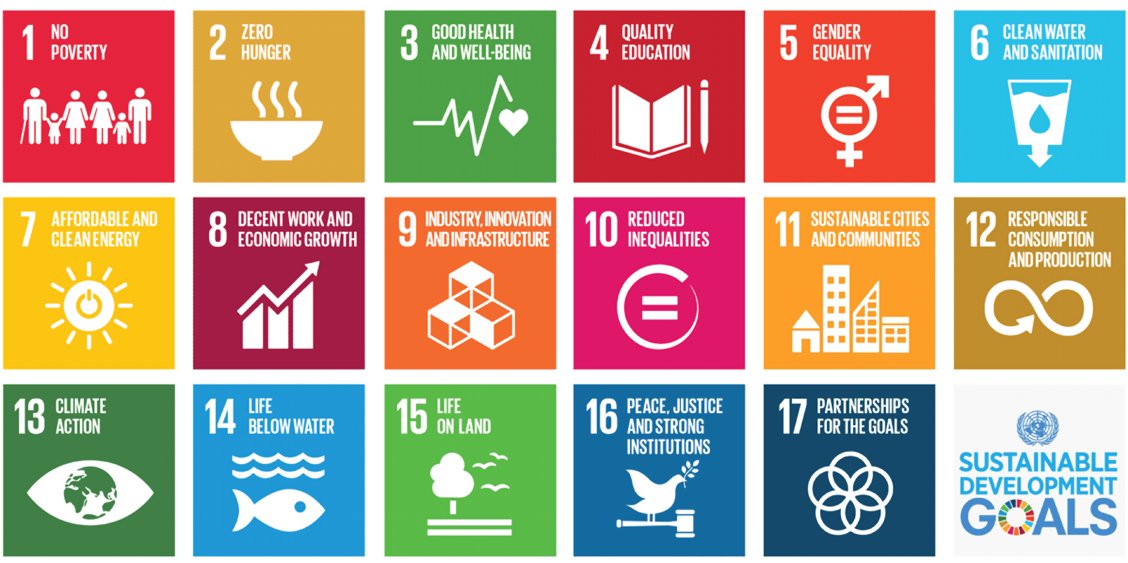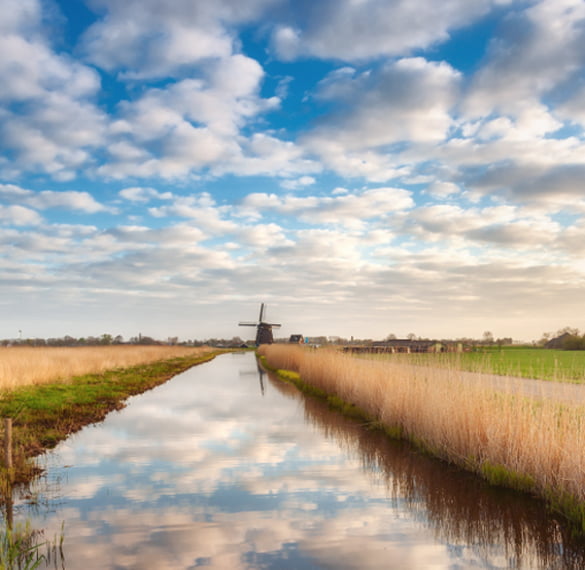Welcome to Veepro Holland
Our planet
Governmental vision
By exporting livestock, we contribute to the circular agriculture concept. Circular agriculture is the principle of sustainable agriculture, to combat the depletion of soil, water and earth. Thus, producing food with the least possible impact on the environment, by combining ecological principles and modern technology. With a good yield and economical use of all raw materials and energy.
A viable future
By using the circular concept, agricultural cycles are realized as close as possible and as far away as necessary. So with local, regional and global circular agriculture and food systems we can minimize unnecessary losses.
Circular agriculture therefore covers the entire world. This is important, because our world population continues to grow every day. In order to keep the world livable we must strive to be sustainable.
We all want a future for ourselves and our children. Implementing this creates, first, a better economic position for farmers, fruiters and fishermen. Second, a greater appreciation of food thus less spillage. And third, a more prominent role in the renewal of production methods to prevent and repair the damage already done to the ecosystem.
Therefore our government has implemented the ‘Landbouw, Natuur en Visserij’ (Agriculture, Nature and Fishery) or in short the LNV vision, the Realization Plan “On the road with a new perspective”.


In summary, the main goals are
- Closing manure and feed cycles
- Restoring biodiversity
- Reducing of emissions
- Animal welfare and animal health
- Precision farming
- Nature inclusive agriculture
- Food appreciation
- Internationalization by applying sustainable circular products
- Subsidy for innovation and investments in emission reduction
The Sustainable Development Goals (SDGs)
The SDG were implemented in 2015 by de Unites Nations (UN) and consist of 17 Goals which are to be met by 2030 for peace and prosperity for the entire world. By ending poverty and deprivation and improving health and economic growth in addition to preserving our planet. The agricultural sector is constantly on the move and wants to meet the demands of society, nature, soil, water and the ecosystem. Quality marks, new technology, new regulations have already contributed to a higher food safety and a lower environmental impact. In order to make even more use of this, the cabinet is asking all parties involved to contribute ideas and take initiatives. And the input, regardless of whether it concerns improved legislation and regulations, knowledge and innovation and financial instrumentation, will be tested and adjusted against agreed goals and consistency in order to assess its effectiveness. Thereby creating a more viable future.


Veepro Hollands mission
To realize the LNV vision the government raised several questions as stated below. All present and future actions by Veepro Holland answers and implements these questions.
- Does it help to close cycles, reduce emissions and biomass waste throughout the food system?
- Does it strengthen the socio-economic position of the agricultural entrepreneur in the chain?
- Does it contribute to the climate challenge for agriculture and land use?
- Does it promote the attractiveness and vitality of the countryside and contribute to a thriving regional economy?
- Does it provide benefits for ecosystems (water, soil, air), biodiversity and the natural value of the farm landscape?
- Has animal welfare been taken into account?
- Does it contribute to the recognition of the value of food and to strengthen the relationship between farmer and citizen?
- Does it strengthen the position of the Netherlands as a developer and exporter of integrated solutions for climate-smart and ecologically sustainable food systems?
Implementation
Through the international relocation and export of livestock, Veepro Holland contributes to closing circular cycles. Veepro Holland ensures better animal welfare through continuous optimization of the entire housing and transport process. Through working together with multiple NGOs, there is a continuous critical view of improvement. By offering high-quality livestock, more employment is provided and therefore a higher food supply. Also as a result of our spreading expertise on sustainable agriculture, more employment is created and on manure processing creates more fertile agricultural land and less emissions. Veepro Holland implements the questions in all existing and new initiatives for a more sustainable world and as a results contributes to both the SDG and the LNV vision. Still, Veepro Holland further sponsors and participates in multiple research projects on circular agriculture, reducing emissions and animal welfare that are being performed at the University of Wageningen.